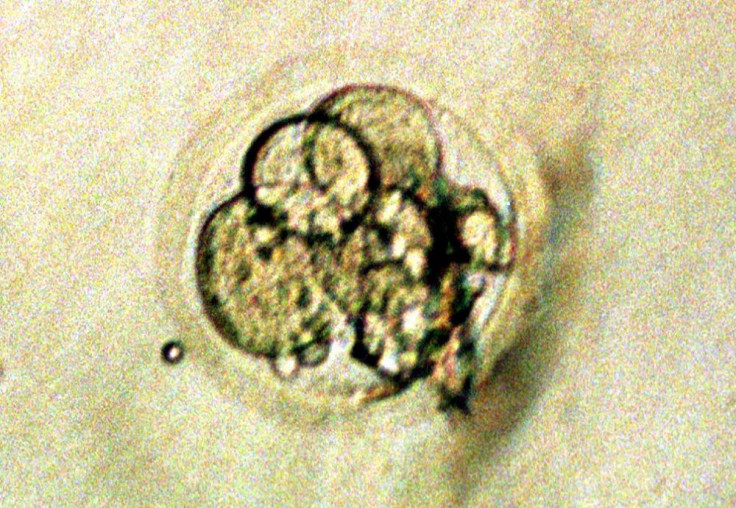Danish study warns men drinking 4 cups of cola a day reduces sperm count by 21 million per milliliter
Australian study says women prefer younger sperm donors

In March, a new study advised boys diagnosed with cancer to have their sperm banked because of the damaging effect of chemotherapy drugs on fertility. But it isn’t just chemo treatments that could negatively affect a man’s ability to sire since excessive drinking of cola reduces sperm count.
The New York Post cites a new study by the Copenhagen University Hospital in Denmark that warns drinking more than four cups of Coke has a dramatic negative effect on sperm. The research found that among the 2,554 young male participants, sperm count of cola addicts was lower at 35 million per milliliter.
Those who drank cola moderately had a sperm count of 56 million per milliliter. The difference was about 21 million per milliliter. The 35 million is still within the normal range, but lower sperm count raises a man’s risk of eventually becoming infertile.
Even though caffeine is found in cola, coffee and tea, heavy drinkers of the last two beverages did not suffer a reduction in sperm count. Researchers think the negative effect could be due to a unique ingredient found in cola or because of generally unhealthy lifestyle habits of the participants.
But two different studies from Polish institutions linked excessive cola drinking with erectile dysfunction. Researchers from Nicolas Copernicus University and the Professor Franciszek Lukaszczyk Memorial Hospital in Bydgoszcz explain that high fructose corn syrup used as sweeteners in many fizzy drinks could damage the arteries in the penis which is responsible for erection.
Meanwhile, when it comes to women who go through IVF to get pregnant, an Australian study found that females prefer younger sperm donors, reports Herald Sun. Researchers from Queensland University of Technology (QUT) and Queensland Fertility Group analysed cryogenically frozen that 1,546 women selected from 2006 through 2015 from donors aged 18 to 40.
The analysis found the women were not drawn to alpha males. They also did not select sperm donors based mainly on the men’s good looks and eye or hair colour. Stephen Whyte, researcher from QUT’s Behavioural Economics Group, explains the shift in women’s preference from older to younger sperm donors to their perception that “young sperm is healthier or fitter.” But Whyte debunks the belief, pointing out that once frozen, the sperm would be of equal quality.
VIDEO: Shocking ‘reality’ of what drinking too much cola can do to your sperm




















